Posted on 8/22/2024

When you decline a vehicle repair, it often means that an underlying issue remains unresolved. Over time, this issue can worsen and lead to additional problems. Here’s why this happens: Progressive Damage: Some vehicle issues, like a failing transmission or worn-out brakes, can deteriorate over time if not addressed. This can lead to more severe damage and costly repairs. Compounding Problems: Unresolved issues can affect other parts of your vehicle. For instance, a small oil leak can lead to engine damage if not fixed. Increased Wear and Tear: Neglecting necessary repairs can lead to increased strain on other components, causing them to wear out faster. Safety Risks: Certain issues, such as brake or steering problems, can become more dangerous if left unaddressed, potentially compromising your safety. Addressing repairs promptly helps prevent these cascading effects and ensures your vehicle remains reliable ... read more
Posted on 8/22/2024
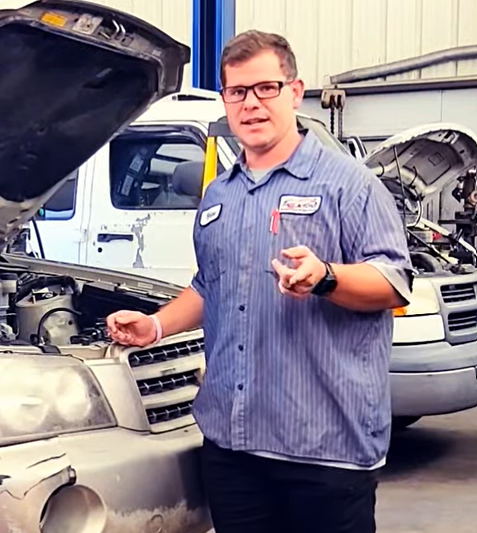
Servicing your vehicle on time is crucial for several reasons: Safety: Regular maintenance helps ensure that all safety systems, such as brakes, tires, and lights, are functioning correctly, reducing the risk of accidents. Performance: Timely servicing keeps your vehicle running smoothly, enhancing overall performance and fuel efficiency. Longevity: Routine maintenance can prevent major issues and extend the lifespan of your vehicle by addressing wear and tear before it leads to significant damage. Cost Savings: Preventative maintenance is often less expensive than major repairs that result from neglected issues. Resale Value: A well-maintained vehicle typically has a higher resale value, as it demonstrates that it has been cared for properly
Posted on 8/14/2024
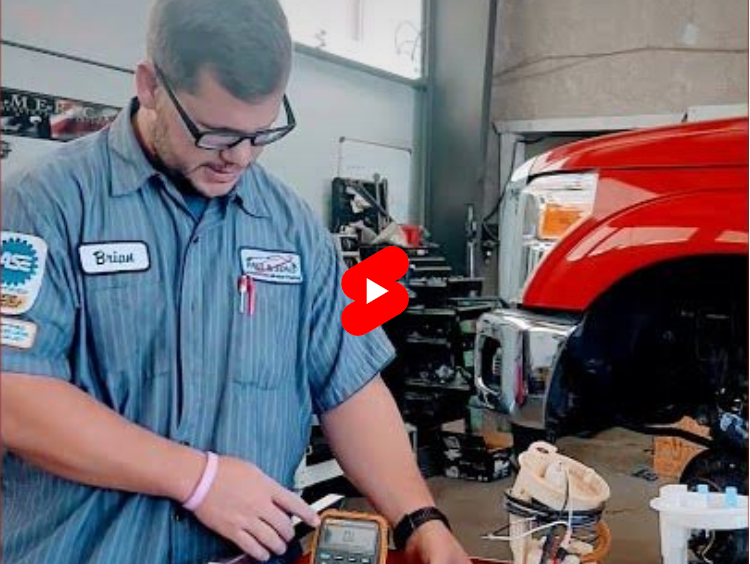
Faulty Fuel Sender Unit: This unit, located in the fuel tank, sends the fuel level information to the gauge. If it fails, the gauge may read incorrectly or not at all. Bad Fuel Gauge: The gauge itself might be malfunctioning or have an electrical issue. Wiring Issues: Damaged or loose wires between the fuel sender and the gauge can cause problems. Blown Fuse: A fuse related to the fuel gauge system might be blown. Grounding Issues: Poor grounding can disrupt the signal and affect gauge readings
Posted on 8/9/2024
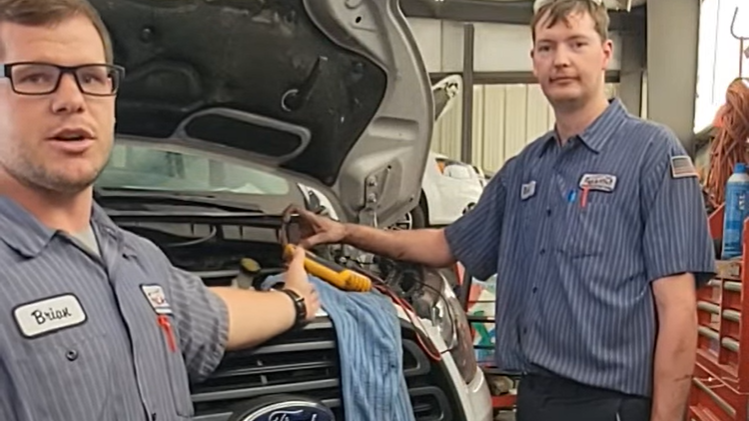
Glow plugs are components used in diesel engines to aid in starting the engine. They heat up the air in the combustion chamber, making it easier for the engine to ignite the diesel fuel, especially in cold weather. When a diesel engine starts, the glow plugs heat up to a high temperature, creating a hot spot that assists in the combustion process. Once the engine is running and reaches operating temperature, the glow plugs are no longer needed and typically turn off. They are crucial for ensuring smooth starts and efficient operation in cold conditions
Posted on 8/7/2024
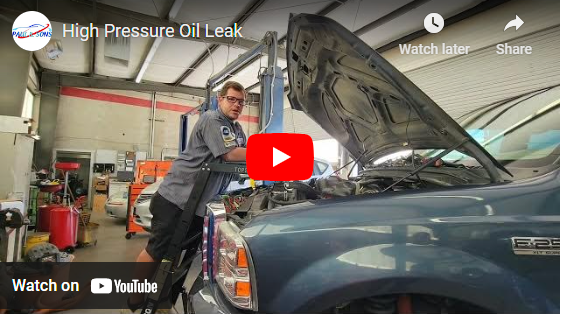
High-pressure oil leaks in trucks can be problematic for several reasons. These leaks typically occur in the hydraulic systems, including those in power steering, brakes, or engine components. Here’s a breakdown of what you need to know: 1. Causes: Worn or Damaged Hoses: High-pressure hoses can wear out or become damaged over time, leading to leaks. Faulty Fittings: Connections and fittings in the hydraulic system might become loose or corroded. Component Failures: Components like pumps, valves, or seals can fail, causing oil to leak. 2. Symptoms: Oil Spots: Look for oil spots or puddles under the truck. Reduced Performance: You may notice reduced performance in the affected system, such as less effective steering or braking. Warning Lights: Some trucks have warning lights for low oil pressure or hydraulic system issues ... read more
Posted on 8/5/2024
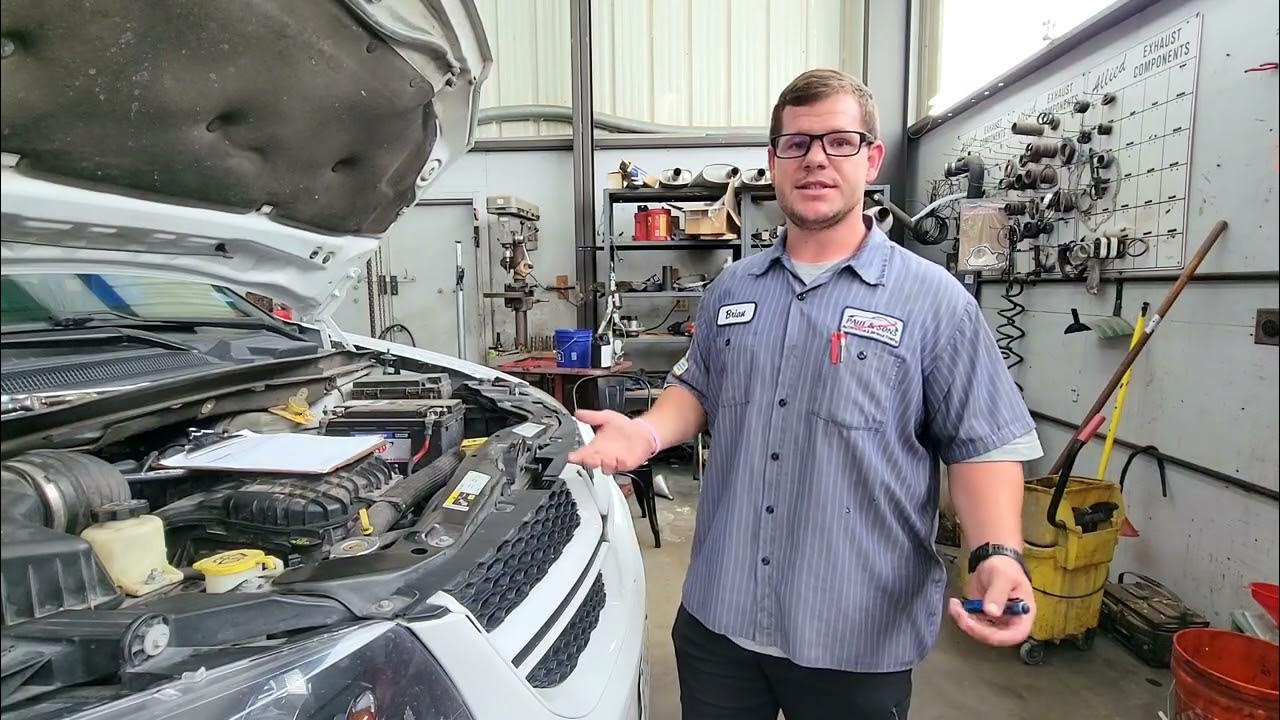
There are several potential reasons your car might be overheating: Coolant Issues Low coolant levels or a leak in the coolant system can cause overheating. Check the coolant level and look for any leaks. Thermostat Problems A faulty thermostat might not open properly, preventing coolant from circulating through the engine. Radiator Issues A blocked or damaged radiator can restrict the flow of coolant, leading to overheating. Water Pump Failure The water pump circulates coolant through the engine. If it fails, coolant circulation stops, causing the engine to overheat. Radiator Fan Problems If the radiator fan isn’t working correctly, it won’t cool the coolant effectively. Hoses and Belts Broken or leaking hoses and belts can disrupt coolant flow and cause overheating. Head Gasket Failure A blown head gasket can allow coolant to leak into the engine, c ... read more